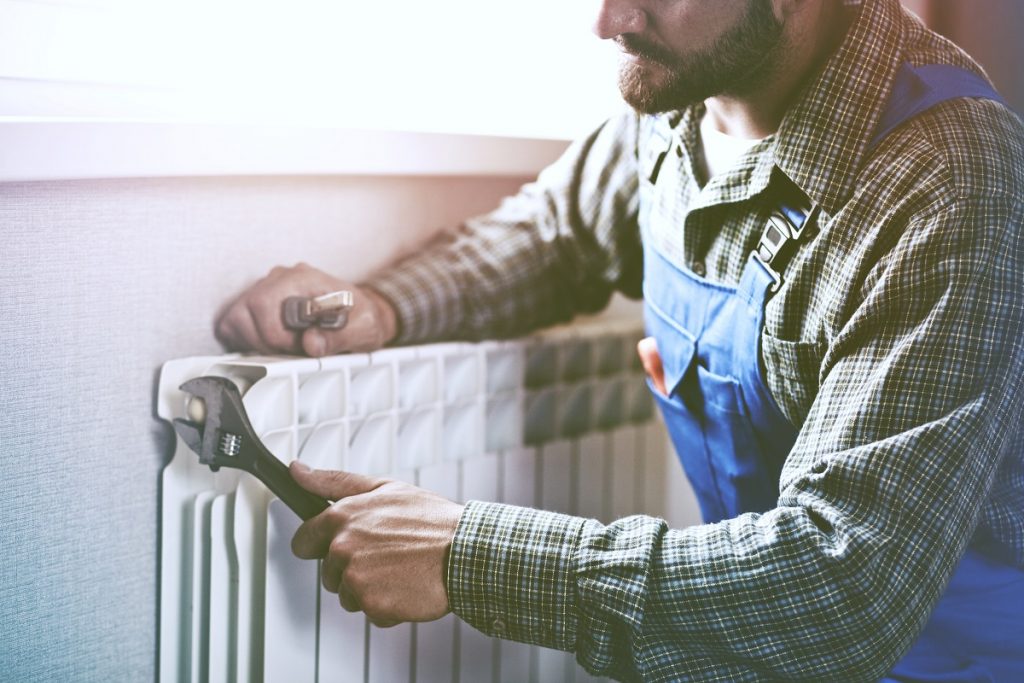Maintaining a garden can be a daunting task for homeowners. Between keeping the plants healthy and arranging them aesthetically pleasing, it seems like there’s always something to be done. Luckily, gardening can be easy and enjoyable with some knowledge and helpful tips. This article will provide some valuable tips on garden maintenance to help make your gardening experience positive. So, grab your gloves and gardening tools, and let’s get started!
Watering
One of the most important aspects of garden maintenance is watering. Depending on the type of plants in your garden, they will have different watering needs. For example, succulents and cacti require very little water, while more delicate flowers need to be watered more frequently. It’s essential to know the watering needs of your plants so that you can give them the care they require.
You may want to install a sprinkler system to make watering your garden more manageable. This will help ensure that your plants get the right amount of water and save you time in the long run. You can also place mulch around your plants to help retain moisture.
Weeding
You also need to stay on top of weeds. Weeds compete with your plants for water and nutrients, so they can quickly take over a garden if left unchecked. Pulling weeds by hand is the best way to get rid of them, but you can also use herbicides or mulch to prevent them from growing in the first place.
Here are a few tips for preventing weeds:
Pull them regularly: This may seem like a no-brainer, but pulling weeds as soon as you see them is important. The longer you wait, the more they’ll spread.
Use mulch: Mulch is a great way to prevent weeds from taking over your garden. It blocks sunlight and prevents weed seeds from germinating.
Apply herbicide: Herbicides can be effective at preventing weeds, but be sure to use them sparingly so that they don’t harm your plants.
Fertilizing
The next step in garden maintenance is fertilizing. Fertilizer provides nutrients that help plants grow strong and healthy. Choosing the right fertilizer for your plants is important so that you don’t harm them. For example, succulents and cacti need a different type of fertilizer than more delicate flowers.
You can either purchase fertilizer or make your own. Compost is a great option for organic gardens. You can also use manure from herbivores, such as cows or rabbits. For chemical fertilizers, be sure to follow the instructions carefully so that you don’t damage your plants.
Pruning
One of the most important things you can do to keep your garden looking its best is to prune regularly. Pruning helps to encourage new growth, and it also keeps your plants healthy by removing dead or diseased leaves and branches. It’s essential to prune both annuals and perennials, as well as shrubs and trees.

There are a few things to keep in mind when you’re pruning. First, make sure you have the right tools for the job. A good pair of pruning shears are essential. You’ll also need a ladder if you’re going to be working on taller plants. Second, always make sure to sterilize your shears before you start pruning. This will help to prevent the spread of disease. Third, when you’re pruning, be sure to cut at a 45-degree angle. This will help your plant heal quickly and encourage new growth.
Pest Control
Pests can quickly ruin a garden if they’re not controlled. Some common pests include aphids, caterpillars, and slugs. There are several ways to control pests, including using traps, chemicals, and beneficial insects.
You can purchase traps at your local garden center or make your own. For example, you can make a simple slug trap by placing a piece of cardboard on the ground and putting a little bit of beer in it. The slugs will be attracted to the beer and crawl inside, where they’ll drown.
You can also use chemicals to control pests but use them sparingly and only when necessary. Some chemicals can be harmful to both humans and animals, so it’s important to read the labels carefully before using them.
There you go! These are just a few of the things you need to do to keep your garden looking great all year long. With a little bit of effort, you can have a beautiful garden that you can enjoy for years to come. Just remember to stay on top of the maintenance, and don’t be afraid to ask for help if you need it. Gardeners are always happy to share their knowledge!

